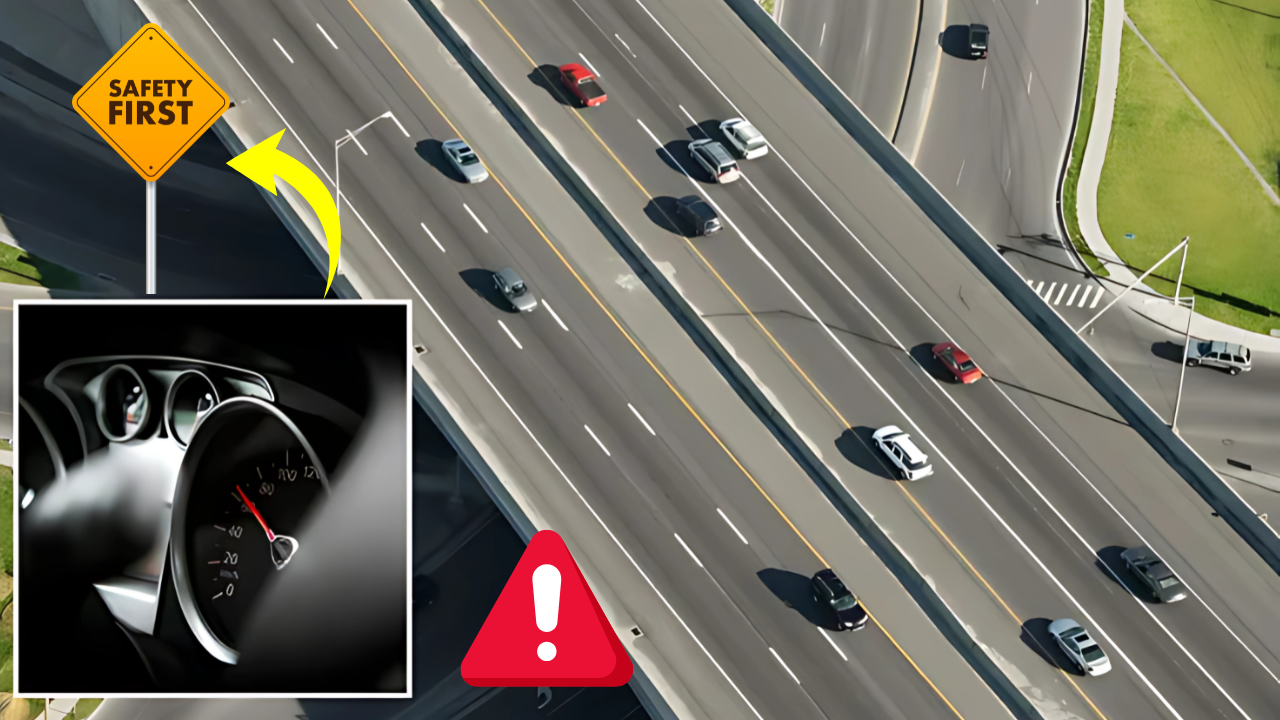Australia’s Fastest-Growing Salaries: Top Jobs for 2025
Australia’s job market is experiencing dynamic changes, with certain roles seeing salary increases that far outpace the average wage growth. The latest data from leading employment platforms like SEEK and Indeed reveals which professions are not only in high demand but also offering the most significant pay rises for 2025
Why Are Salaries Rising in Australia?
Economic and Sectoral Drivers
Australia’s economy is recovering from recent global uncertainties, with a renewed focus on infrastructure, technology, healthcare, and renewable energy. The resulting talent shortages in specialized fields have pushed employers to offer higher salaries to attract and retain top talent.
Government and Policy Influence
The federal government’s commitment to raising wages, especially for low-paid workers, has also contributed to broader wage growth. The Fair Work Commission’s recent 3.5% increase in the national minimum wage, effective July 2025, is a clear example of this trend.
Top Jobs with Fastest-Growing Salaries
Below are the roles experiencing the most rapid salary growth in Australia, according to recent data:
1. Defence Analysts
Salary Growth: 26.8%
Average Salary: $130,117
Sector: Government and Defence
Defence analysts have seen the fastest salary growth, with advertised pay jumping by nearly 27% since 2024. These roles are critical in national security and require specialized skills, making them highly sought after2.
2. Taxation Consultants
Salary Growth: 24.5%
Average Salary: (varies, but typically $90,000–$130,000)
Sector: Finance
Taxation consultants are in high demand as businesses navigate complex tax laws and seek to optimize their financial strategies. This has led to a sharp increase in advertised salaries.
3. Banking Operations Analysts
Salary Growth: 21.1%
Average Salary: (varies, but often $70,000–$100,000)
Sector: Finance
Banking operations analysts play a key role in ensuring the smooth functioning of financial institutions. Their salaries have risen significantly as banks compete for skilled professionals.
4. Maintenance Managers (Manufacturing, Transport, Logistics)
Salary Growth: 19%
Average Salary: (often $100,000–$120,000)
Sector: Manufacturing, Transport, Logistics
With increased activity in manufacturing and logistics, maintenance managers are essential for keeping operations running smoothly, leading to higher pay.
5. Project Administrators (Construction)
Salary Growth: 16.8%
Average Salary: (typically $70,000–$90,000)
Sector: Construction
The construction boom, driven by infrastructure projects and building approvals, has created high demand for project administrators, resulting in notable salary increases.
6. Retail Customer Service Representatives
Salary Growth: 16.2%
Average Salary: $68,435
Sector: Retail
Retail customer service roles have also seen strong wage growth, reflecting the importance of customer experience in a competitive market.
7. Hospitality and Tourism Assistants
Salary Growth: 15.6%
Average Salary: $70,762
Sector: Hospitality and Tourism
The recovery of the tourism sector post-pandemic has led to increased demand for hospitality staff, driving up wages.
Fastest-Growing Jobs in Australia (2025)
| Job Title | Sector | Salary Growth (%) | Average Salary (AUD) |
|---|---|---|---|
| Defence Analyst | Government/Defence | 26.8 | 130,117 |
| Taxation Consultant | Finance | 24.5 | 90,000–130,000 |
| Banking Operations Analyst | Finance | 21.1 | 70,000–100,000 |
| Maintenance Manager | Manufacturing/Logistics | 19 | 100,000–120,000 |
| Project Administrator | Construction | 16.8 | 70,000–90,000 |
| Retail Customer Service Rep | Retail | 16.2 | 68,435 |
| Hospitality & Tourism Assistant | Hospitality/Tourism | 15.6 | 70,762 |
| Operations Team Member | Manufacturing/Logistics | 21.1 | 64,969 |
| Support Engineer | Tech | 17.3 | 107,221 |
| Enrolled Nurse | Healthcare | 15.1 | 84,178 |
Other High-Growth Roles
-
Operations Team Members: Up 21.1% to $64,969 (Manufacturing, Transport, Logistics)
-
Support Engineers: Up 17.3% to $107,221 (Tech)
-
Alarm Technicians: Up 15.4% to $93,536 (Security)
-
Enrolled Nurses: Up 15.1% to $84,178 (Healthcare)
-
Telecommunications Technicians: Up 15% to $87,666 (Tech)
Sectors with the Biggest Opportunities
Government and Defence
Roles in government and defence are among the most lucrative, with defence analysts leading the pack in salary growth. These positions often require security clearances and specialized training, making them highly competitive.
Finance and Banking
The finance sector continues to offer strong career prospects, with taxation consultants and banking operations analysts seeing some of the highest pay rises. Economic fluctuations and regulatory changes are driving demand for financial expertise.
Construction and Infrastructure
Increased building approvals and major infrastructure projects are fueling demand for project administrators and other construction-related roles. This trend is expected to continue as Australia invests in its future2.
Healthcare and Education
Healthcare and education remain critical sectors, with ongoing shortages of skilled professionals. Enrolled nurses, counsellors, and school principals are among those seeing strong wage growth.
Technology
Tech roles, particularly in AI, cybersecurity, and platform engineering, are in high demand. Employers are offering competitive salaries to attract and retain top talent in these fields.
Entry-Level Roles Also Benefit
While technical and managerial roles have seen the biggest jumps, entry-level workers are not being left behind. Retail customer service representatives and hospitality assistants have also enjoyed substantial pay increases, reflecting broader wage growth across the economy.
Australia’s Wage Landscape: Key Statistics
-
National Minimum Wage (from July 1, 2025): $24.95 per hour, $49,296 per year
-
Average Full-Time Salary: $100,016 per year
-
Median Income: $67,600 per year
-
Wage Price Index Growth (Year to March 2025): 3.4%
What This Means for Job Seekers
For Australians considering a career move or looking to enter the workforce, targeting sectors with proven salary growth—such as government, defence, finance, construction, healthcare, and technology—can offer faster financial gains. Employers are increasingly willing to pay a premium for specialized skills and experience, making now an excellent time to upskill or pivot into high-demand fields.
FAQs
Q: Which job in Australia has seen the fastest salary growth in 2025?
A: Defence analysts have seen the fastest salary growth, with a 26.8% increase since 2024.
Q: Are entry-level jobs also seeing wage increases?
A: Yes, entry-level roles such as retail customer service representatives and hospitality assistants have seen pay rises of over 15%.
Q: What is the new national minimum wage in Australia?
A: From July 1, 2025, the national minimum wage is $24.95 per hour, or $49,296 per year.


